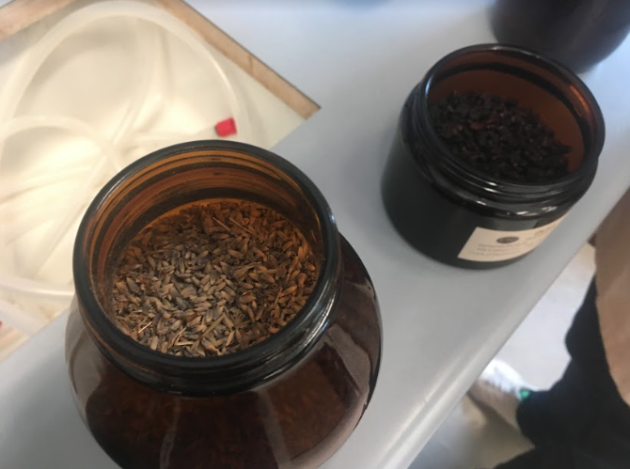
Scottish gin exports set for boost with botanical library
Scottish gin exports are set for a boost with the launch of a botanical library from distillation experts from Heriot-Watt University.
The scientists have spent three years distilling and cataloguing 72 botanicals that can be grown in Scotland. All the botanicals are commercially available from sustainable sources with ingredients in the library including everything from nettles and lavender to dandelion and the chagga fungus, which grows on birch trees.
Each botanical has been individually distilled, and its taste, aroma and mouth feel catalogued by the team at the International Centre for Brewing and Distilling (ICBD) at Heriot-Watt University.
The botanical library would help gin producers create Scottish gins with locally available botanicals available in dried form, from a sustainable source, to ensure consistency and availability, said Matthew Pauley, assistant professor at the ICBD and a drinks industry consultant.
"Creating a new gin that stands out in the market requires botanicals that should bring a subtle flavour, aroma and mouthfeel that complements or enhances the juniper,” he said.
Gin should taste predominantly of juniper, he added.
The library was initially developed to help Scotland’s gin producers create unique, new products, but is now being used to ensure Scottish gin meets the import standards of countries such as the USA.
Dr Annie Hill, associate professor at the ICBD, said that one gin producer had a sample that was held up by US customs due to the botanicals in their ingredients. The issue is that some of the
botanicals are not listed on the USA’s Generally Recognised as Safe (GRAS) list.
“We are now testing the potentially toxic compounds that could be present to demonstrate they are safe for consumers and not above threshold limits. This will give gin producers the evidence they need to prove their gin is safe,” Hill said.
“Botanicals pose very little danger to gin drinkers in the UK or the USA - the relative concentration of alcohol outstrips any other more harmful compounds.”
The ICBD’s Botanical Library was funded by Interface, and is currently available to members of the Scottish Craft Distillers Association.





